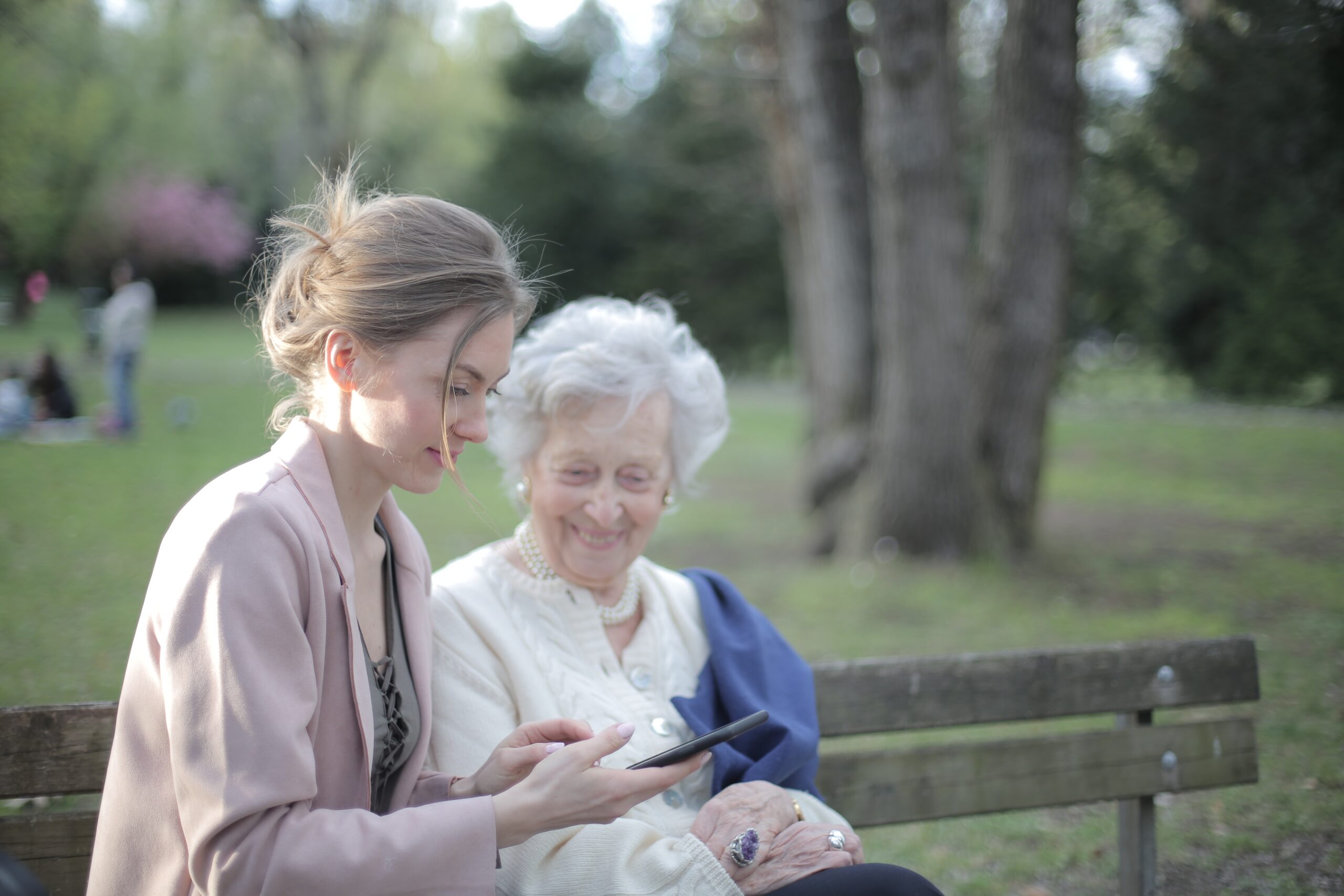
Older people are often disregarded in contemporary society, which places a premium on being young at heart; as a result, they frequently experience emotional and social isolation. Because our loved ones are becoming older, it is more important than ever to be aware of their requirements and preferences and create an atmosphere where they can survive and flourish. This article covers five essential techniques that can aid in empowering older persons, enabling them to experience fulfilling lives throughout their golden years.
Engage in Cognitive and Physical Activities
As individuals age, the significance of keeping both mind and body active becomes increasingly vital. Analogous to how physical exercise benefits the body, engaging in mental exercises proves advantageous for the brain. Activities such as solving puzzles, reading, and embracing new hobbies function as cognitive workouts that enhance cognitive abilities and decelerate the aging process. Furthermore, incorporating age-appropriate physical routines like walking or gentle aerobics aids seniors in maintaining their mobility and overall well-being. Employing this comprehensive strategy ensures the well-rounded contentment and health of our cherished elderly members, promoting a fulfilling and vibrant life during their later years.
Foster Social Connections
The challenges of loneliness and isolation among the elderly carry substantial weight, often underestimated. With friends and relatives passing away or engrossed in their commitments, many seniors experience a sense of solitude. Recognizing this, proactive measures are essential. Engaging in group activities, regular family visits, and fostering social connections have a transformative impact on the emotional and mental wellness of older individuals. The profound influence of camaraderie, laughter, and shared moments on overall health and happiness is frequently unrecognized until its absence becomes palpable. It is imperative to acknowledge these factors and act promptly to enrich the lives of our elders.
Prioritize Independence
The normal course of life, which occurs as people age, can often make day-to-day duties more difficult for those persons. This ever-shifting dynamic often ends in a concern that many seniors struggle with the possibility of losing their independence. The voyage can be difficult, but today’s technological improvements give some relief. People of a certain age might discover methods to traverse their daily routines with better comfort by incorporating adaptive tools and cutting-edge technology. Walking aids, voice-activated house assistants, and ergonomic cooking gadgets are some examples of devices that make jobs easier for seniors and instill a fresh feeling of confidence in them. This enables seniors to treasure their independence for a longer time.
Continuous Learning and Personal Growth
The process of becoming a better person and learning new things is ageless. It’s often believed that people lose interest in expanding their knowledge and experiencing new things as retirement age approaches. Many older people get great satisfaction from taking on new challenges. Encourage your loved one on the elder side to try something new, whether it’s a community class, a hobby, or even a trip. Each new experience, whether delving deeply into a fresh topic, trying out a new gourmet dish, or negotiating the complexities of contemporary technology, not only expands one’s knowledge but also provides a satisfying feeling of accomplishment.
Healthcare and Regular Check-ups
Navigating the transition into one’s golden years accentuates the significance of health prioritization. Routine medical checkups assume a crucial role, allowing healthcare providers to monitor medication adherence and health indicators among seniors. Cultivating an environment of open communication regarding physical discomfort, mental well-being, or health fluctuations establishes a foundation for timely interventions and preemptive strategies. In situations where cognitive complexities emerge, considering memory care services becomes pivotal, extending specialized aid. By consistently adopting a proactive and sensitive approach to their needs, the essential scaffolding is erected, affirming unwavering support for elderly family members to embrace lives replete with fulfillment.
Conclusion
Empowering the elderly encompasses more than fulfilling fundamental requirements; it entails recognizing their hopes, fears, and yearnings. Persistent interaction, promoting autonomy, and giving precedence to their welfare collectively shape an environment that facilitates not only navigating their later years but thriving within them. This approach seeks to establish a space founded on respect, attentiveness, and affection, fostering a daily sense of worth for our aging relatives. By acknowledging and addressing their multifaceted needs, we enable them to embrace their senior years with a genuine sense of fulfillment, surrounded by an atmosphere of consideration, nurturing, and love.


